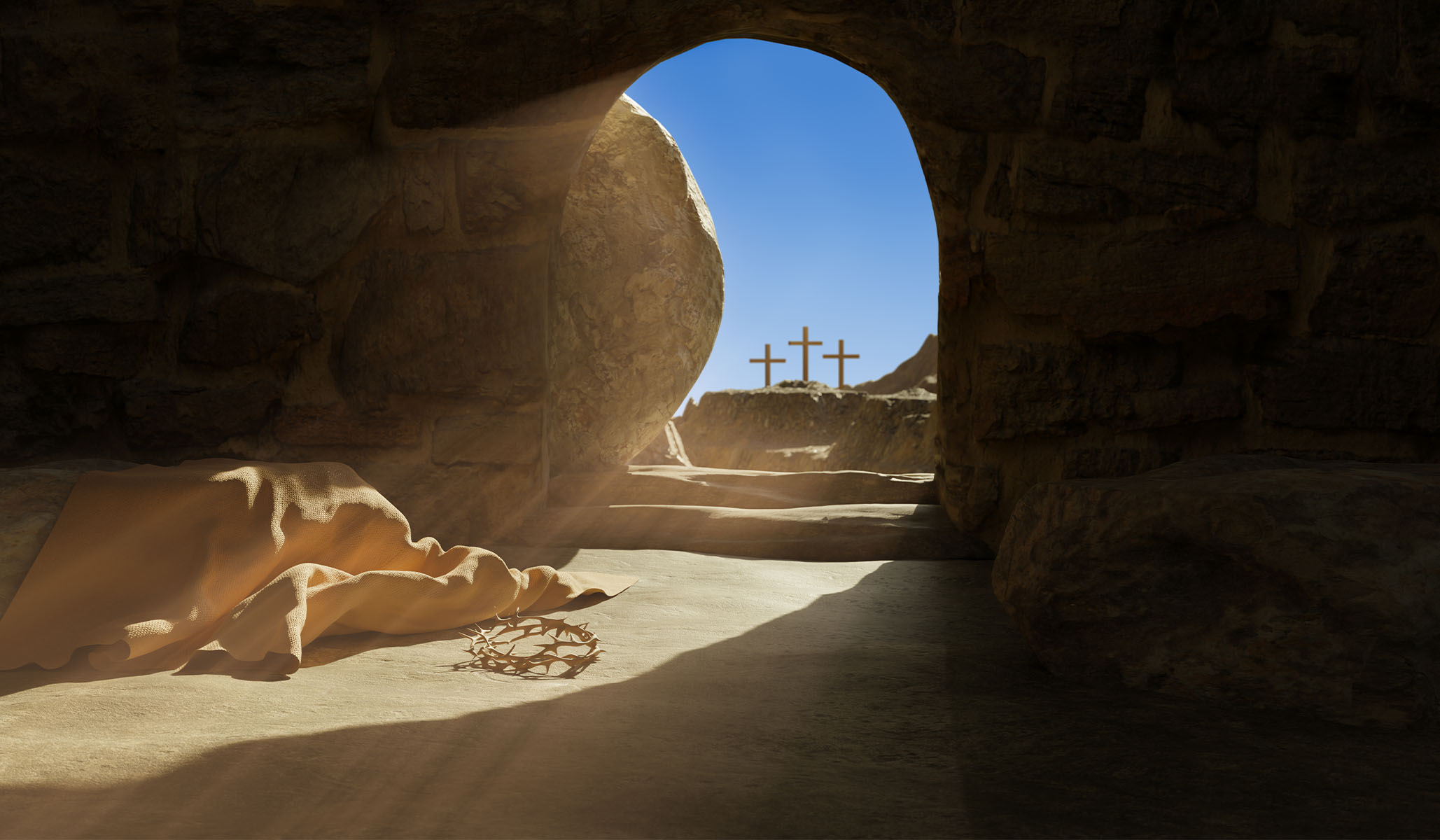


NRPLUS MEMBER ARTICLE I t is a fact of history that Jesus Christ lived, preached, and died as the Gospel writers recorded. But to believe that he performed miracles, especially the ultimate miracle of the resurrection, requires faith.
If the resurrection happened, then Jesus Christ was who he claimed to be. And if he was the son of God, who suffered, died, and rose from the dead to save all mankind from our sins, then nothing else could possibly be of greater importance.
That was certainly the view of Christ’s early disciples. Theirs was not the insipid “do unto others” philosophy that persists in our post-Christian age, but an appeal to stop everything at once, repent, believe the Gospel, and spread the good news. And it cost them. Take Saint Paul, for instance, whose radical conversion transformed him from a Christian persecutor to a prolific preacher and martyr. In fact, excluding Judas, only one of the twelve apostles did not meet a martyr’s death.
Charles Baudelaire famously wrote that the “greatest trick the Devil ever pulled was convincing the world he didn’t exist.” In our own age, the Devil’s other great trick has been persuading self-identifying Christians to replace Christianity with an imposter, something altogether less convinced and convincing.
In 2005, Christian Smith surveyed American teenagers, finding that — across different faiths and denominations — most of them essentially followed the same creed. He called it “moralistic therapeutic deism” (MTD), and summarized its five main points this way:
1) God created and ordered the world and watches over human life;
2) God wants people to be good, nice, and fair to each other, as taught in the Bible and by most world religions;
3) The central goal of life is to be happy and to feel good about oneself;
4) God does not need to be particularly involved in one’s life except when God is needed to resolve a problem;
5) Good people go to heaven when they die.
Father Mike Schmitz, of Bible in a Year fame, has done a helpful video explainer on how this belief system is not, in fact, compatible with Christianity. Yet despite MTD not being based on anything Christ said or did, it nevertheless appeals even to some who identify as Christian.
It’s certainly less demanding. Under MTD, creed doesn’t matter, so there’s no need to evangelize; sin doesn’t matter, so there’s no need to strive to keep God’s commandments. MTD also puts God at a distance, removing the need for a personal relationship with Christ achieved through prayer and remaining in a state of grace.
According to MTD, the resurrection is neither here nor there.
MTD is dull and egocentric, but what Christ calls for is a dynamic and radical humility; pursuit of what Saint Paul calls “the greatest spiritual gifts,” which, as Christ explained in the Sermon on the Mount, is what brings true and lasting happiness. MTD espouses self-love and the relatively easy love of our nearest and dearest. But Christ called for total love and obedience to God above all else, love of one’s neighbor as oneself, and even love of one’s enemy.
When Fulton Sheen was asked in an interview if the Catholic Church would ever change its teachings on controversial moral issues, such as abortion, he answered: “No. Because we have no power over the divine law.” He continued with a thought experiment. Suppose the church did have that power, “What would be the difference between the church and the world?”
In other words, what would be the point? If Christ thought we were doing fine, why did he go through the enormous hassle of being born, suffering, dying, rising from the dead, and establishing the church as his authority on earth?
If the priorities and practices of those who profess belief in Christ are indistinguishable from those who don’t, then chances are they are following something other than Christ. “By their fruits ye shall know them.” “You are the salt of the earth. But if the salt loses its saltiness . . . it is no longer good for anything, except to be thrown out and trampled underfoot.”
What the early Christians understood is that Christ did not enter the human struggle with sin and death so that we can escape it — we still sin, and we still die — but so that, through and with him, we can emerge victorious.
